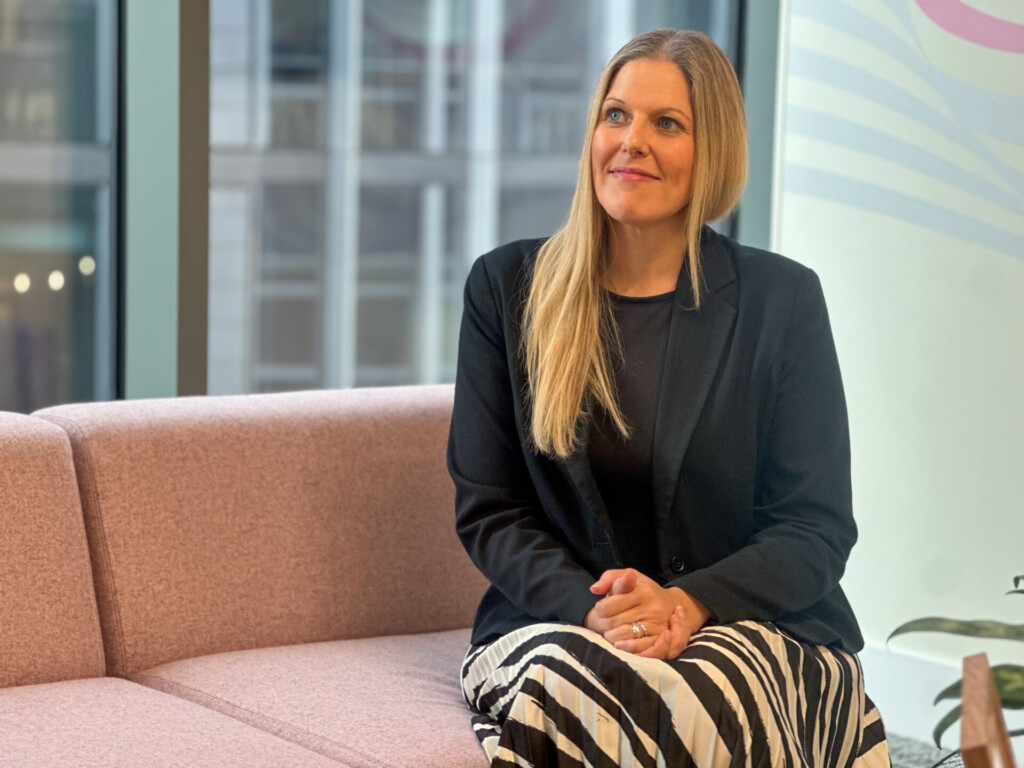Lodders’ family law expert and trained collaborative lawyer, Justin Creed, explains how collaborative law works, where it came from, and why it may be the ideal route for many couples navigating separation.
The family law landscape in England and Wales shifted in April 2024. New Family Procedure Rules then came into force that actively encourage separating couples to explore non-court dispute resolution (NCDR) methods before issuing proceedings. These changes marked a significant move by the courts to promote more amicable and cost-effective solutions – reflecting what many family professionals have long advocated.
One such process – collaborative law – is well placed to thrive in this new environment. Yet it remains under-utilised and often misunderstood.
What is collaborative law?
Collaborative law is a non-court dispute resolution process in which both parties instruct collaboratively trained lawyers, and all parties commit to resolving matters without going to court.
All discussions take place in a series of four-way meetings, with the aim of reaching a mutually acceptable agreement in a respectful, transparent and future-focused manner. Other professionals, such as financial advisors or family consultants, may be brought in to support the process where needed.
Everyone signs a Participation Agreement, which includes a crucial clause: “If the collaborative process breaks down and either party decides to go to court, both collaborative lawyers must withdraw.”
A brief history
Collaborative law originated in the United States in the 1990s, developed by a family lawyer who grew disillusioned with the adversarial nature of court-based divorce. It arrived in the UK in 2003, with the support of Resolution, the national organisation of family justice professionals committed to constructive and non-confrontational practice.
Despite its many advantages, collaborative law has remained something of a well-kept secret in the UK. With the advent of the 2024 rule changes, now is the perfect time to revisit its potential.
Family Procedure Rules
The April 2024 Family Procedure Rules require parties to actively consider NCDR at all stages of a dispute. Courts now have powers to:
- Adjourn cases where NCDR has not been adequately considered;
- Require parties to file certificates detailing their efforts to explore non-court options;
- Take a dim view of unreasonable refusal to engage with alternative dispute resolution, including when awarding costs.
This shift puts collaborative law right at the forefront of family dispute resolution options. It offers a structured, supported and legally informed environment, outside the stress and delays of the court system.
Advantages of collaborative law
- Control. Parties retain control of decisions – rather than handing power to a Judge.
- Privacy. All discussions are confidential. This keeps the parties’ personal affairs out of the public court room.
- Cost effective. Whilst legal advice is still involved, costs can be significantly lower than prolonged litigation – especially given court delays.
- Focused on the future. Collaborative law prioritises respectful communication and problem solving, which can preserve relationships – particularly important where children are involved.
- Supported by experts. The process allows for input from financial advisors, pension experts, or child specialists – ensuring well rounded outcomes tailored to the family.
Is collaborative law right for individuals?
Collaborative law is not for everyone. It requires:
- A genuine commitment to resolving matters without litigation
- An ability to communicate openly, even when emotions run high
- A willingness to listen and compromise
For couples who can meet these conditions – or who want to try – it can be transformational. Agreements reached collaboratively are often more durable, less stressful and more forward-looking than those imposed by a court.
Final thoughts
In light of the April 2024 changes, Courts are sending a clear message that couples must try to resolve their differences outside of the court room where possible. Collaborative law offers a dignified, respectful and effective route of doing exactly that.
If you are going through a separation and want to avoid court or are looking for a better way to sort out finances or child arrangements, then collaborative law could be the answer. Lodders’ trained collaborative lawyers would be happy to discuss whether this approach is right for you. For more information, please get in touch.
Contact usContact us
Need more advice?
For help with a legal problem or more information on any of our services at Lodders, please get in touch with our friendly team. You can contact us via the number or email address below, or fill in the form and we will get back to you as quickly as we can.

Contact a member of the team
Read more
Other news, insights and events







